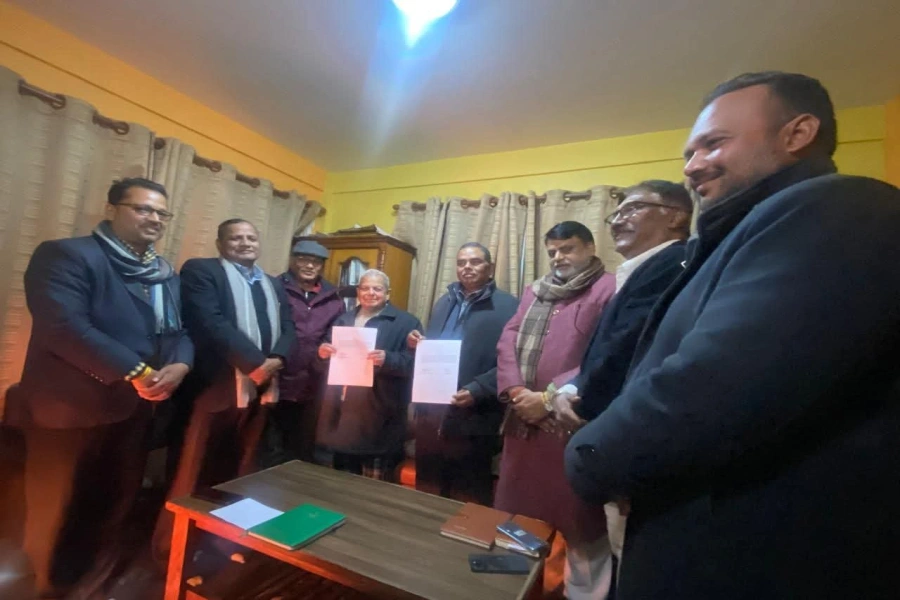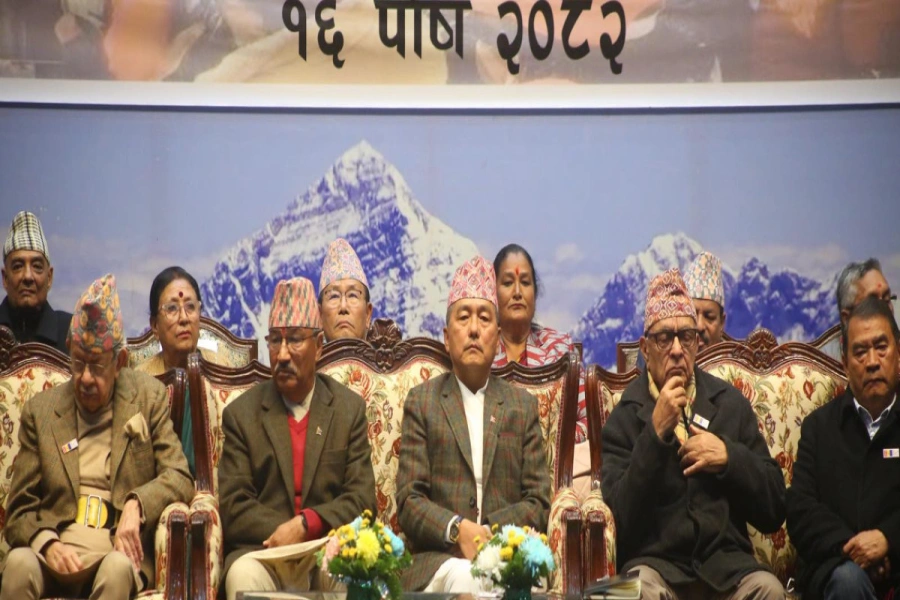The Republic of Nepal is a mountainous country where the people have traditionally had a high reliance on forests for timber, fuelwood and non-wood forest products such as mushrooms and edible wild greens. Forests have increasing gratitude towards the contribution of food security for poor and marginalized people. Forest policies and local institutional practices have historically evolved to regulate forests either as sources of timber or as a means of biodiversity conservation, disregarding food security outcomes for local people.
Forests have remarkably contributed to the production of food through ecosystem services and by providing wild foods. However, with the development of ‘modern forestry science’, the paradigm of forest management has shifted towards commercial monoculture focusing on forest commodities such as timber or the conservation of biodiversity and could not address the issues of food security.
Community forests have paved a remarkable role in biodiversity conservation, empowerment, and governance. The community-based forest management practices have intensively enhanced the health and coverage of forests. However, the question of food security is still to be addressed. The divisions between forestry and the agriculture sector have limited the prospect of strengthening forest–food security linkages. The policies, legislative framework, and formal bureaucratic practices are influenced by ‘modern forestry science’, which led to community forestry rules and practices not considering the contribution of forests to food security. Furthermore, current science policy is being more timber centric and is unable to fully address the prospects of food security. Many edible items in the forest are unidentified and the large proportion of the identified one remains unused. There is a need for a fundamental shift in attitude and practice from the conventional notion of forest conservation to ‘sustainable forest management for food security’.
Eating junk food is bad for health!

A study by (Paudel.et.al) shows that the community forestry can generate over NRs 27 billion and 21,710 full-time jobs annually in Nepal. Similarly, NTFPs can generate over 87,259 full-time jobs even in a conservative scenario. A survey of 152 households in middle hill districts of Nepal found that 81% of households generated income through NTFP sales.
Nepal’s community forests are contributing to food security through at least four important pathways: income and employment, forest-farm linkages, direct food, and renewable energy. These pathways are not uniform across all the cases, which highlight the fact that a particular pathway depends on specific characteristics of the community forest such as ecological specificity, resource endowments, market access, and the nature of the rural economy
The current food security outcomes are the result of sporadic, site-specific innovations and there is a lack of careful planning to strengthen these pathways. If the pathways between community forest and food security are fully understood, then policy and institutional frameworks can be geared towards enhancing these pathways for increased food security outcomes from community forest management
Concluding, the issue is therefore not whether forests contribute to food security or not; rather, the question is the extent to which ‘modern’ forest management practices have contributed to food security. As many of the world’s poor depend on forests, it is important to explore how forests can improve food security. The emergence of debate regarding forest–food security connections gives recognition to and highlights the contributions of forests to food security. Forest management strategies ought to incorporate food security for the sustainable development of the country.




































